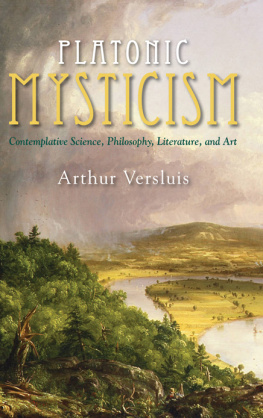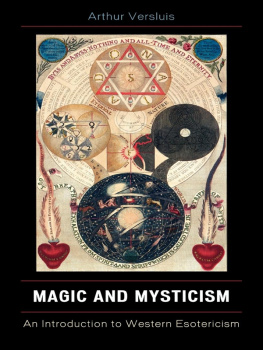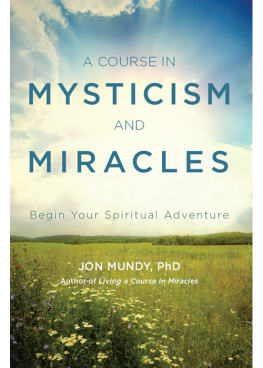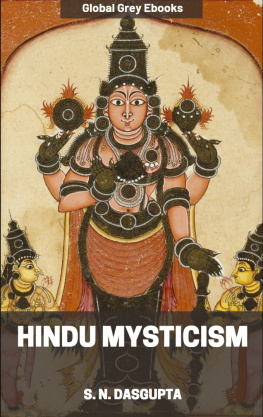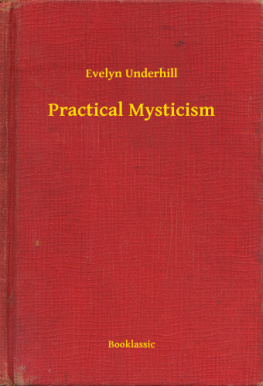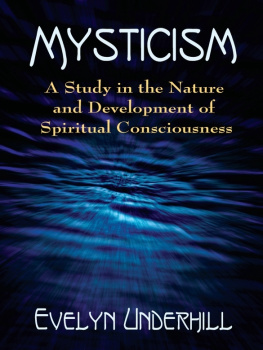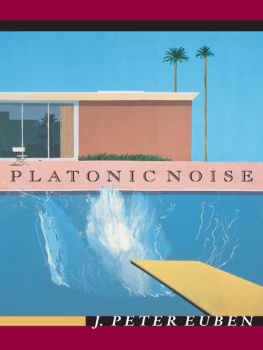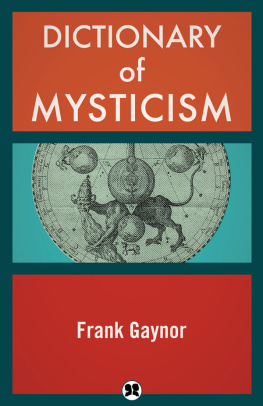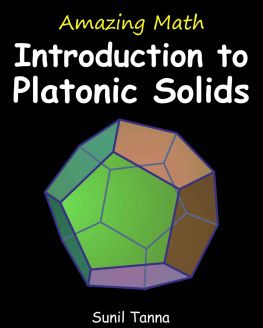Versluis - Platonic Mysticism
Here you can read online Versluis - Platonic Mysticism full text of the book (entire story) in english for free. Download pdf and epub, get meaning, cover and reviews about this ebook. year: 2017, publisher: State University of New York Press, genre: Religion. Description of the work, (preface) as well as reviews are available. Best literature library LitArk.com created for fans of good reading and offers a wide selection of genres:
Romance novel
Science fiction
Adventure
Detective
Science
History
Home and family
Prose
Art
Politics
Computer
Non-fiction
Religion
Business
Children
Humor
Choose a favorite category and find really read worthwhile books. Enjoy immersion in the world of imagination, feel the emotions of the characters or learn something new for yourself, make an fascinating discovery.
Platonic Mysticism: summary, description and annotation
We offer to read an annotation, description, summary or preface (depends on what the author of the book "Platonic Mysticism" wrote himself). If you haven't found the necessary information about the book — write in the comments, we will try to find it.
Versluis: author's other books
Who wrote Platonic Mysticism? Find out the surname, the name of the author of the book and a list of all author's works by series.
Platonic Mysticism — read online for free the complete book (whole text) full work
Below is the text of the book, divided by pages. System saving the place of the last page read, allows you to conveniently read the book "Platonic Mysticism" online for free, without having to search again every time where you left off. Put a bookmark, and you can go to the page where you finished reading at any time.
Font size:
Interval:
Bookmark:

Series in Western Esoteric Traditions
David Appelbaum, editor
Contemplative Science,
Philosophy, Literature, and Art
ARTHUR VERSLUIS

Cover image: Thomas Cole, View from Mount Holyoke, Northampton, Massachusetts, after a ThunderstormThe Oxbow. 1836. Oil on canvas.
Published by State University of New York Press, Albany
2017 Arthur Versluis
All rights reserved
Printed in the United States of America
No part of this book may be used or reproduced in any manner whatsoever without written permission. No part of this book may be stored in a retrieval system or transmitted in any form or by any means including electronic, electrostatic, magnetic tape, mechanical, photocopying, recording, or otherwise without the prior permission in writing of the publisher.
For information, contact State University of New York Press, Albany, NY
www.sunypress.edu
Production, Eileen Nizer
Marketing, Fran Keneston
Library of Congress Cataloging-in-Publication Data
Names: Versluis, Arthur, 1959 author.
Title: Platonic mysticism : contemplative science, philosophy, literature, and art / by Arthur Versluis.
Description: Albany, NY : State University of New York, 2017. | Series: SUNY series in western esoteric traditions | Includes bibliographical references and index.
Identifiers: LCCN 2016044213 (print) | LCCN 2017033130 (ebook) | ISBN 9781438466347 (ebook) | ISBN 9781438466330 (hardcover : alk. paper)
Subjects: LCSH: Plato. | Mysticism.
Classification: LCC B398.M77 (ebook) | LCC B398.M77 V47 2017 (print) | DDC 204/.22dc23
LC record available at https://lccn.loc.gov/2016044213
10 9 8 7 6 5 4 3 2 1
Platonic Mysticism , a sequel to Restoring Paradise: Western Esotericism, Literature, Art, and Consciousness (SUNY Press, 2004), is dedicated to the memory of my father, who would have very much enjoyed reading it in its final form. I am grateful to colleagues with whom I have shared parts of the book, for their suggestions and ideas. Id like to thank the colleagues associated with Hieros [
T his book is intended to fill a signal absence in the literature on mysticism. Scanning the titles published on the subject of mysticism over the past several decades, and those scheduled as forthcoming titles, one is startled by how few there are, and how tangential, in many cases, their relationship often is to the way the term mysticism was historically understood in the academic world. What a tangle one finds when reading over the literature on mysticism of the past century, and especially of the past several decades! Mysticism, it sometimes seems, could be almost anything, in any religion, at any time. By contrast, the purpose of this book is to refocus the discussion on mysticism and to restore an important context for understanding the term. That context, taken for granted a century ago, must be reconsidered in a new light. The argument in this book is that mysticism as a descriptor becomes intellectually incoherent if we dont recognize and acknowledge its Platonic history and context.
Of course, there are few religious terms more anathematized than mysticism. It is not uncommon to find the word used for denigration, as when an economic analyst is condemned because his predictive work is based on nothing more than mysticism, or when an analytical philosopher makes the word synonymous with confusion and wooly-mindedness. Typically these dismissals include a phrase like nothing more than, because after all, mysticism is, as it were, the very bottom of the barrel. In contemporary scholarship on religion, one finds relatively little being published on the topic, and one might wonder why that is.
The current drift of contemporary scholarship is well away from an unfashionable subject like mysticism. Scholars are no less subject to the biases or inclinations of the age, after all. Hence one finds Many seem to have bought into a prevailing assertion that nothing is true, even if for some reason or another everything is not permitted, or alternatively, that there is no truth in any absolute sense. Behind such perspectives is typically a shallow materialism, as visible in Marxism as it is in other forms of reductionism. In brief, we live in an era of extreme relativism, and one in which subjects like mysticism or transcendence are not in vogue, to say the least.
One hundred years ago that was not the case: then, mysticism was broadly understood to represent the center and apex of religious experience. Authors such as William James and Evelyn Underhill viewed mysticism as the touchstone for understanding religious experience because it represented direct inner realization of transcendent reality or the Divine. Authors prior to and after James and Underhill in the early twentieth centuryoften based on very wide and deep reading in the classic mystical texts from late antiquity to that timesaw mysticism as the immediate spiritual intuition of truth or truths believed to transcend reason, or as a deep linking (sometimes, uniting) of the soul with God through contemplative or ecstatic illumination.
Of course typical definitions of mysticism often include a secondary definition as varied as wooly-minded speculation or obscure thought or belief not based on evidence or belief not subjected to criticism, as well as subjective experiences that include sances and astral projection [!]. And indeed, not every experience alleged to be mystical is necessarily so, but these kinds of secondary definitions go beyond that point to, in essence, dismiss the very notion of mysticism as worthy of ones attention. Bundling mysticism up with spiritualism (channeling what are held to be the spirits of the dead), sances, or astral projection only confuses the matter further.
It may be best, in the end, simply to jettison the word mysticism in favor of a term perhaps more precise, like B. Alan Wallaces preference, contemplative science. But contemplative practice or contemplative studies, by engaging the word contemplation, implies all that goes under that term, and so dilutes the subject under consideration. There are advantages to terms derived from contemplative, but also disadvantages, the chief of which is that whereas mysticism emphasizes direct inner spiritual knowledge of the transcendence of subject and object, contemplation is more diffuse, and emphasizes process over result.
Mysticism, like it or not, has a long history; its the accepted term; and confusion about what it means doesnt invalidate it, but rather calls for a more precise definition. Etymology often helps clarify meaning. The word mysticism derives from the Greek mystikos (), meaning secret or esoteric path of the mysteries, and derives from mystes (), meaning an initiate into the mysteries, or more literally, one who has seen directly for himself or herself into the mysteries. Given its accumulated meanings over millennia, mysticism can be understood to refer more broadly to religious experiences corresponding to the direct cognition of a transcendent reality beyond the division of subject and object.
Defining mysticism as direct cognition of a transcendent reality beyond the division of subject and object has numerous advantages. First, it makes clear that mysticism is a type of cognition. Second, it recognizes that this kind of cognition is beyond instrumentalizing rationality that infers what is true; it is, rather, direct cognition of a transcendent reality, without thereby limiting what that term means except to say that it is beyond the division of subject and object. Hence, third, while precise, this definition is also broad enough to include both apophatic and visionary mysticism. The transcendence of subject and object can be understood as taking place on a continuum. The heart of this transcendence is known as via negativa , or apophatic experience, meaning the fundamental or primordial reality beyond any conceptual and sensory representation. But the same definition also holds for visionary experiences that take place hierophanically, in an inner dimension where the observing subject is not separate from the revealing object, but rather where the divine other reveals itself to me.
Font size:
Interval:
Bookmark:
Similar books «Platonic Mysticism»
Look at similar books to Platonic Mysticism. We have selected literature similar in name and meaning in the hope of providing readers with more options to find new, interesting, not yet read works.
Discussion, reviews of the book Platonic Mysticism and just readers' own opinions. Leave your comments, write what you think about the work, its meaning or the main characters. Specify what exactly you liked and what you didn't like, and why you think so.

